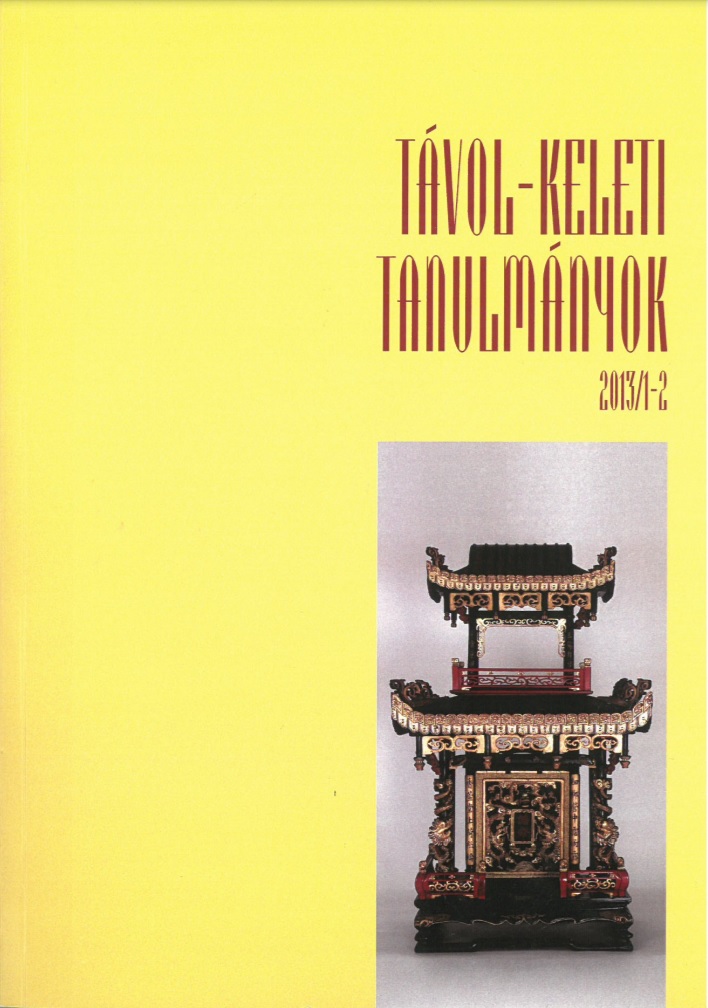Published 2014-10-03
How to Cite
Copyright (c) 2014 the author(s)

This work is licensed under a Creative Commons Attribution-NonCommercial 4.0 International License.
Abstract
Traditionally, Confucianism is regarded to be the intellectual foundation of Chinese thinking, even though Confucianism itself has gone through several changes throughout the ages and in no given period was it entirely homogeneous to begin with. One constant trait of Confucian thinking, however, was that it promoted a collectivist system of values. Collectivism was also in line with the communist ideology appearing in the twentieth century as the ideological background for the socialist takeover. Since the policies of reform and opening were introduced in the 1980s, consumerism appeared in Chinese society as a by-product of the free market economy and resulted in the strengthening of individualistic ideas and values. This study analyses the question of the system of values in contemporary China in a cultural context by providing a brief review of the results of both empirical and theoretical research.
